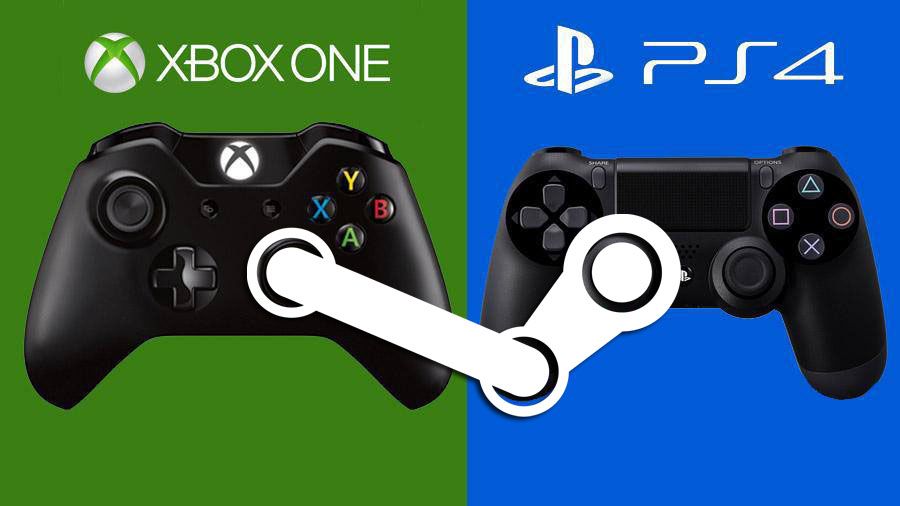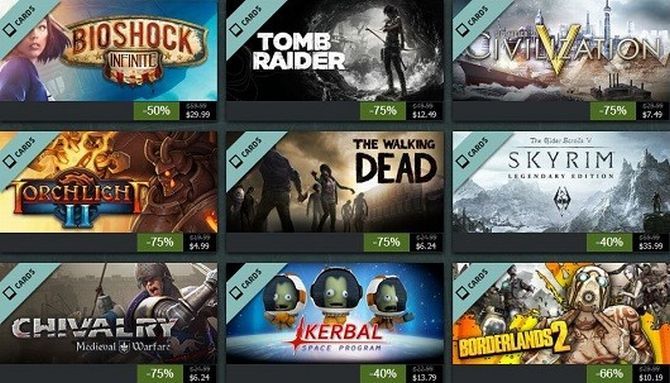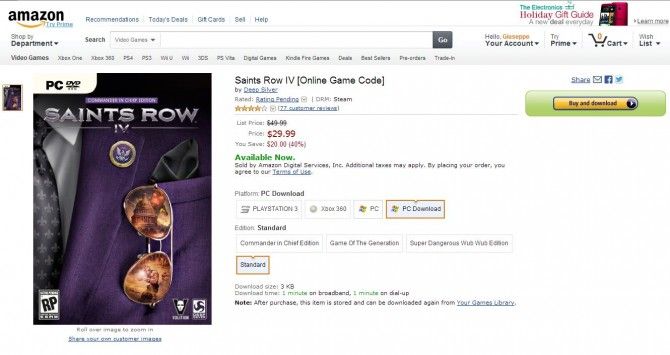Let us start with a disclaimer: this article won't try to convince you that PC gaming is better than enjoying your games on consoles. PC and consoles serve different segments of the gaming market and fit different kinds of gamers. Both have equal dignity, and neither option should take a back seat to the other.
What this article aims to do is bust the myth that PC gaming is some kind of inaccessible Valhalla to which only the wealthy chosen by the gods of gaming can hope to partake. The sweet mead halls of PC gaming are in fact much more accessible than many believe, or would like you to believe.
The main factor contributing to creating the myth is the initial investment, which is indeed considerably higher than that required for a console. A good gaming PC, which is reasonably future-proof, will take about $800 from your bank account. That kind of investment will easily outperform any next generation console under basically every condition.
It will also put you in the driver seat of those choices that console developers have to deal with (and that often are decried by gamers), giving you near-complete control of the trade off between resolution, detail and frame rate.
Of course a higher investment will give you more performance and less necessity to trade off, but an initial expense of $800 will already let you muster considerable power, especially if you're used to consoles.
I know what you're thinking: $800 is a lot more than $400 or $500, which are the pricetags of the PS4 and the Xbox One, but the initial purchases are just part of the picture.
First of all, if you want to play online on the next generation consoles, and to enjoy the full features of the games you purchase, you have to pay for Xbox Live Gold and PlayStation Plus. This means another $50 a year for the PS4, and $60 for the Xbox One. But the real clincher is the price of games.
The largest percentage of full fledged console games (excluding indie games and free to play ones) will cost you $60 at launch. There's almost no exception. While there are PC games that cost $60 as well, a very large percentage of them costs between $50 and $40. Multiply that difference over time, and you can easily see how the initial investment for the PC starts to get repaid at a pretty steady rate.
But that's not nearly the end of the story. With consoles you can obviously access the preowned market, and the price of games drops over time. But the truth is that the price of console games doesn't really drop very fast, and it takes a lot of time after release even for used games to become really cheap, because GameStop and similar retailers apply a quite unfair markup on the price of preowned games.
There are also some sales for console games, mostly on Xbox Live and on the PlayStation Store, but none of them is really groundbreaking. The only relevant one at retail is Black Friday, and good luck in getting what you want with that one.
On the other hand PC gaming doesn't have any relevant preowned aftermarket. Sales are its bread and butter. Steam is obviously the most visible example, starting with daily deals that drop the price of games by up to a whopping 75%, and moving on its extreme seasonal sales with equivalent price slices on basically the whole catalogue.
But while it's the most visible, Steam is only the tip of the iceberg. Basically every digital download retailer does some great sales that simply overwhelm those available on the console market in convenience and frequency, and you get the full product, with all the benefits of a new game, which doesn't happen with the preowned console market.
Another great example are Humble Bundles, and we aren't talking just about indie games. They also expanded to publishers, letting you pay what you want for full fledged games. Amazon is another great outlet. Bioshock Infinite and Tomb Raider are two very recent games, and critically acclaimed ones, so we aren't talking about failures that retailers need to unload on guillible customers.
Yet they both have been on sales for PC on Amazon for $9.99 weeks ago. If you buy them preowned at GameStop right now, they'll still cost $34.99 and $24.99, 3.5 and 2.5 times as much. Even during the mighty Black Friday sale BioShock Infinite will still cost you twice as much, $19.99, if you even manage to get your hands on a copy amidst the rioting crowds.
Right as I'm writing on Amazon Saints Row IV for PC is available for $24.99, and we're talking about a game that is three months old. Want to buy it pre-owned on consoles at GameStop? That'll be $54.99.
PlayStation Plus, with its "free" instant collection, is the only thing that comes close to the amazing game sales you'll find on PC. It's a wonderful service, and probably the best bang for your buck on consoles, but you don't get to choose the games you can have, and they aren't really yours. If you let your subscription lapse, they're gone, at least until you pay again.
On the other hand, besides very rare cases, if you play on PC, you can pick your poison. Whatever game you may want, you won't have to wait too long before being able to purchase it for less than the price of a full course meal at McDonalds.
Thanks to that, the initial investment required by a gaming PC is very quickly overcome by the extensive availability of games at much lower prices: no conditions, no glorified rentals, no second hand. Of course there's also the risk of compulsive buying triggered by the excessively tempting sales (I have about 350 games on Steam, and I played about 20% of them, shame on me), but that's an entirely different story.
Truth is that PC gaming is one of the most accessible forms of gaming out there. While it requires a higher initial expense, the gap closes and reverses over time, depending on the ratio at which you purchase new games. Console gamers that think PC gaming is inconvenient because of the cost probably need to review that stance.
On the other hand, lately you often see the most elitist PC gamers calling console gamers "peasants" or "paupers," because their consoles are cheaper. Well, it's time for a reality check, because a lot of console gamers end up spending just as much if not more due to the higher price of games in the long run.



